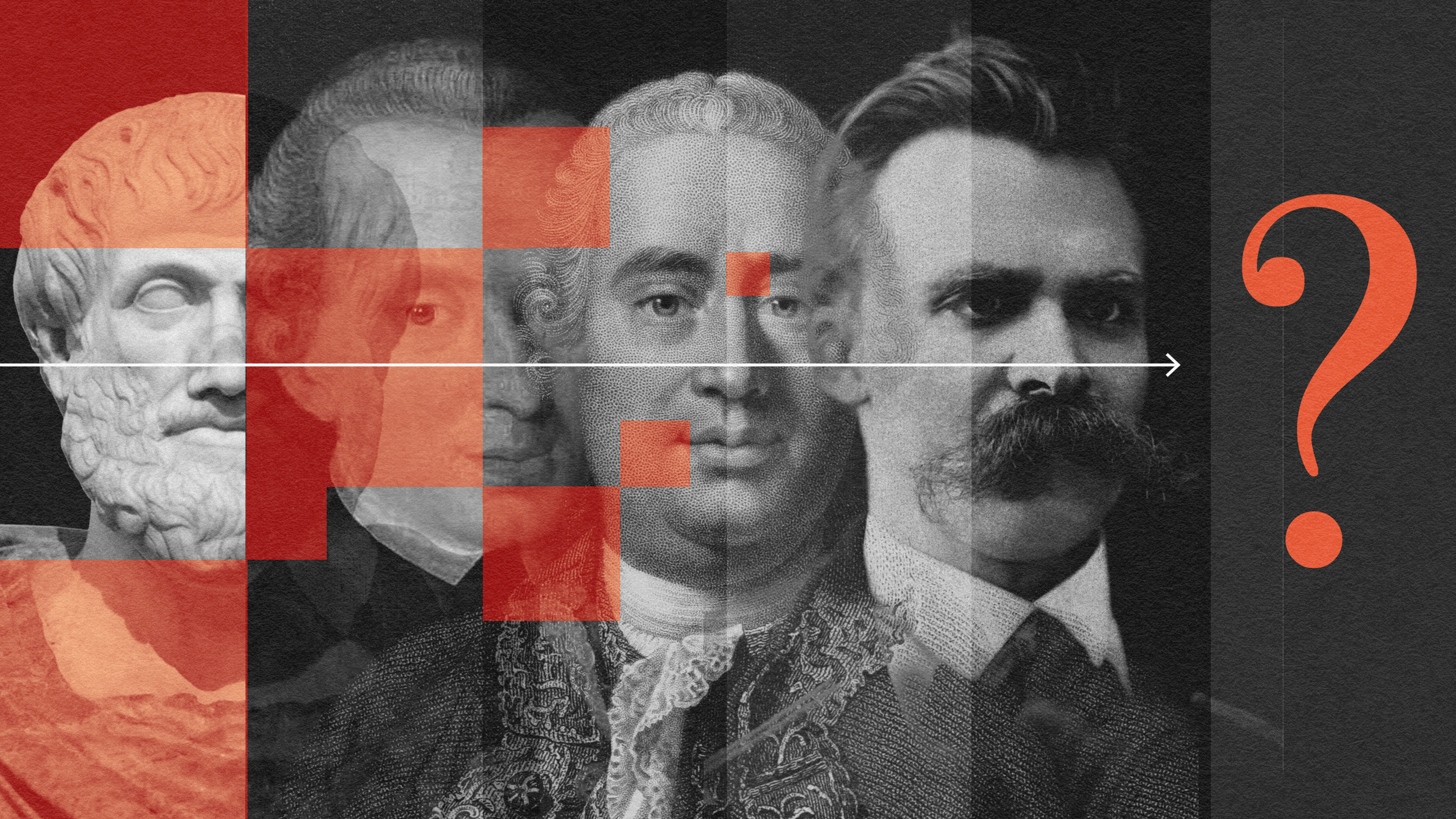Voltaire’s Take on Capital Punishment

François-Marie Arouet, a.k.a. Voltaire (1694-1778) was a French Enlightenment writer and philosopher famous for his many witty works of satire. Voltaire was a major advocate of the garden-variety Enlightenment ideals: freedom of religion, separation of church and state, and freedom of expression. The Catholic Church was a frequent target of his writing, as well as other sources of what he perceived to be intolerance, unfettered dogma, and overall French stuffiness. Among his most famous works are the polemic satire Candide and his 1764 Dictionnaire philosophique.
“Let the punishments of criminals be useful. A hanged man is good for nothing; a man condemned to public works still serves the country, and is a living lesson.”
From “Civil and Ecclesiastical Laws,” Dictionnaire philosophique (1785-1789)(h/t Wikiquote)





